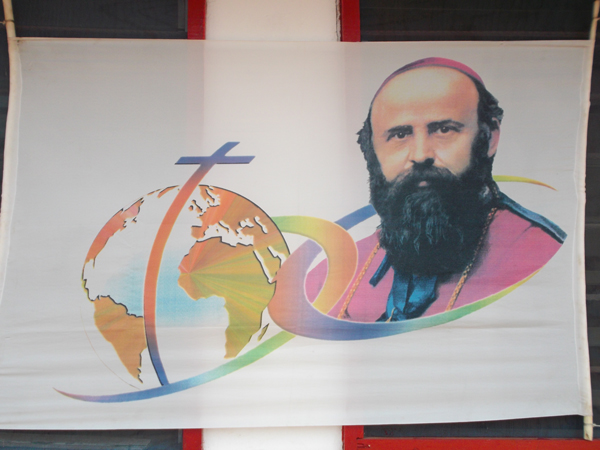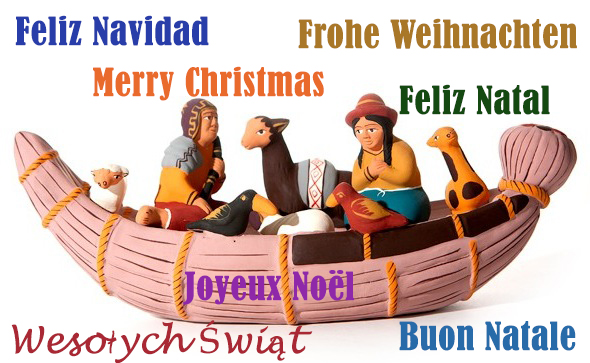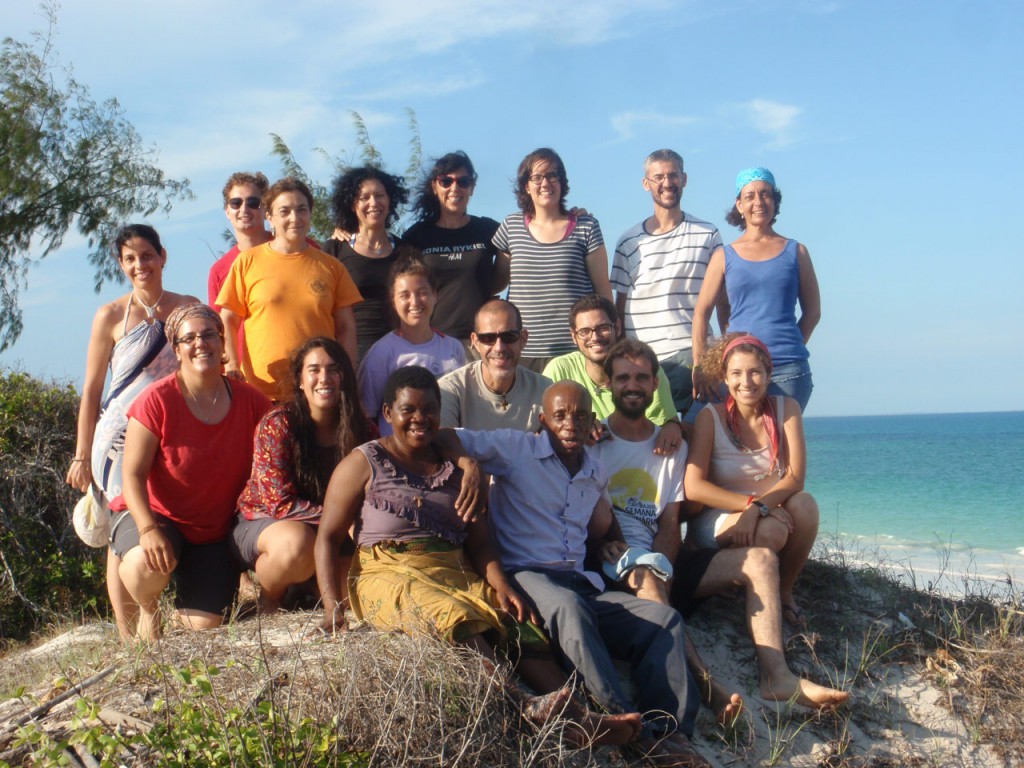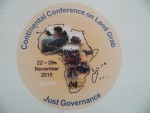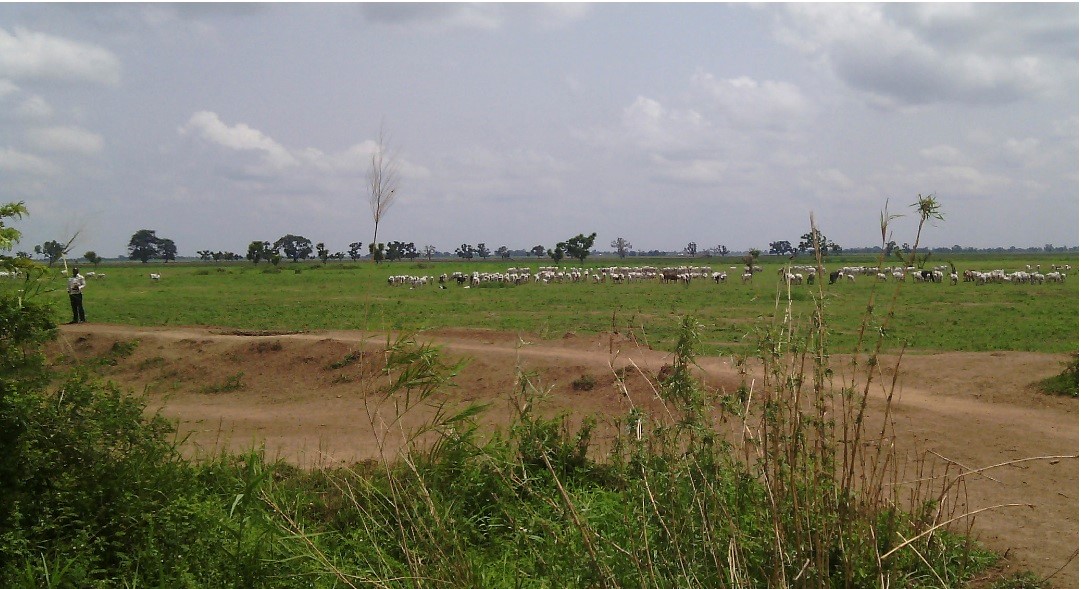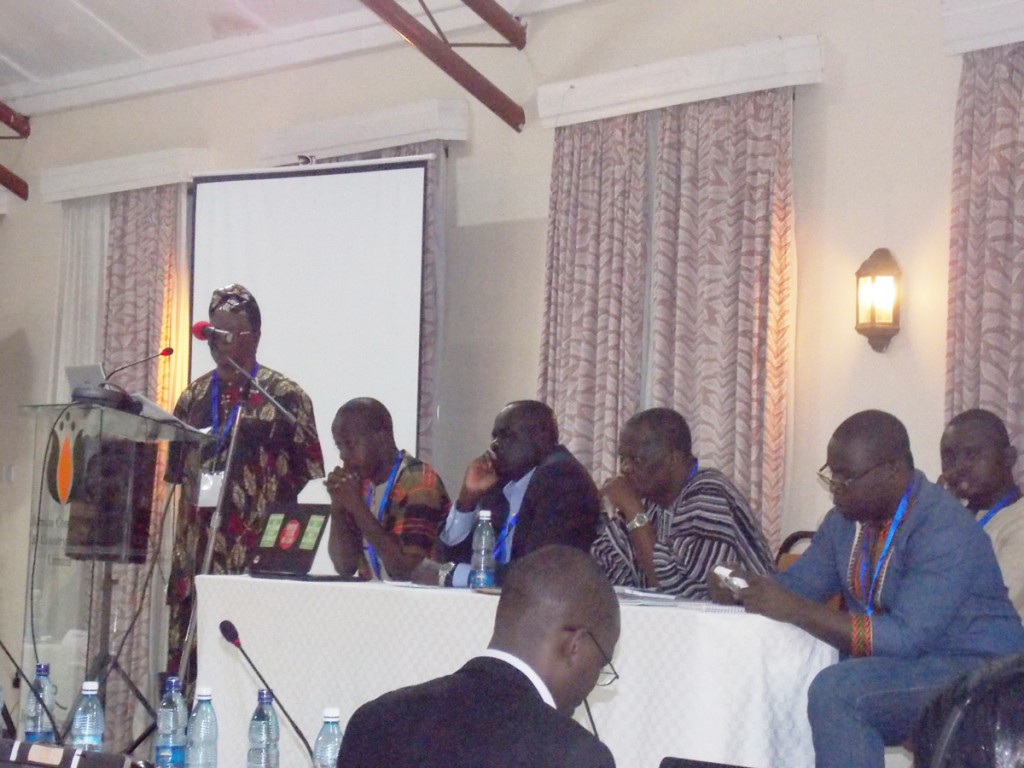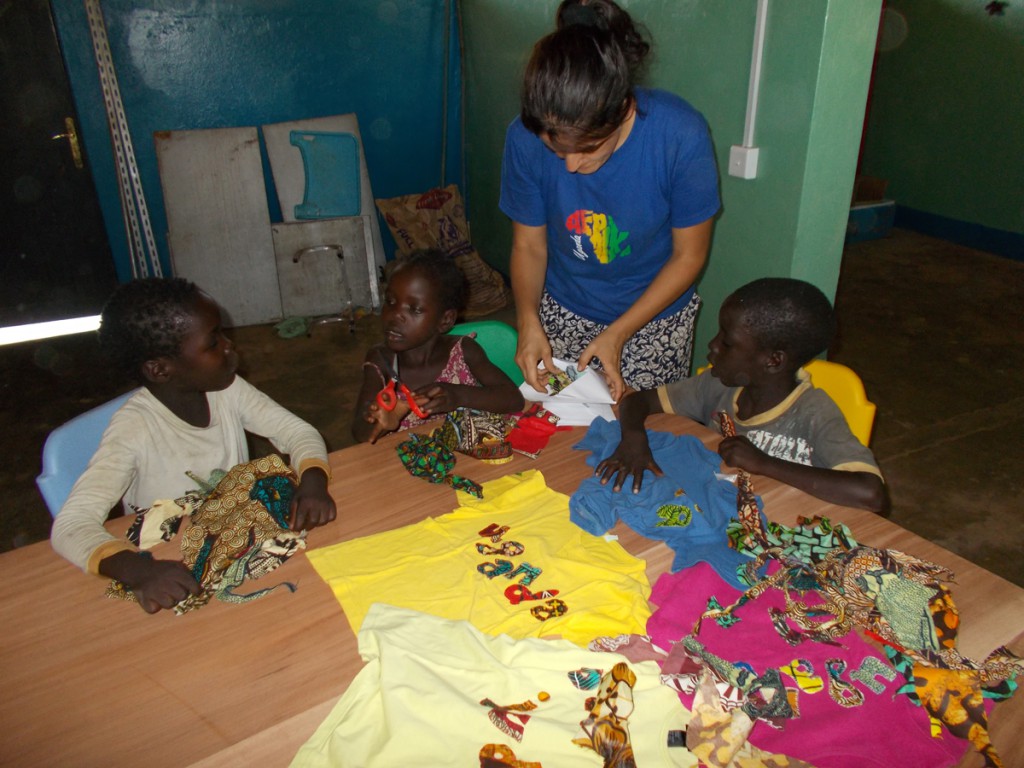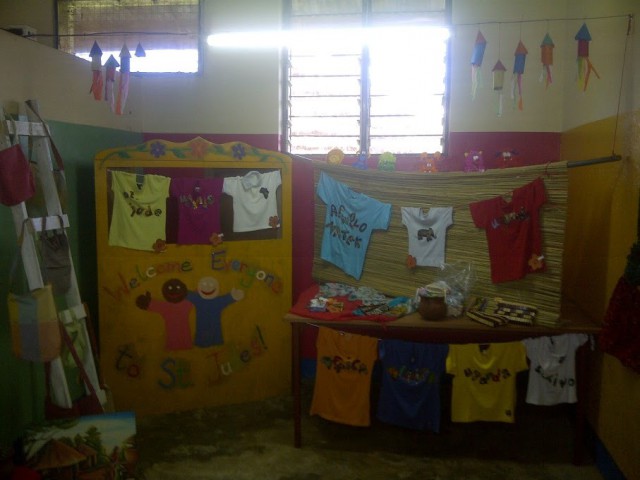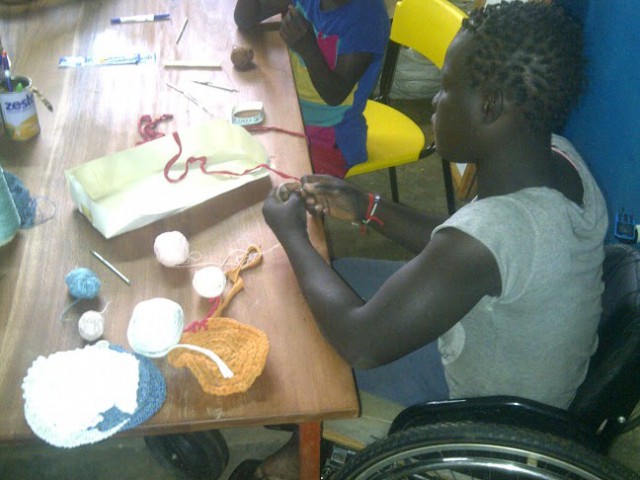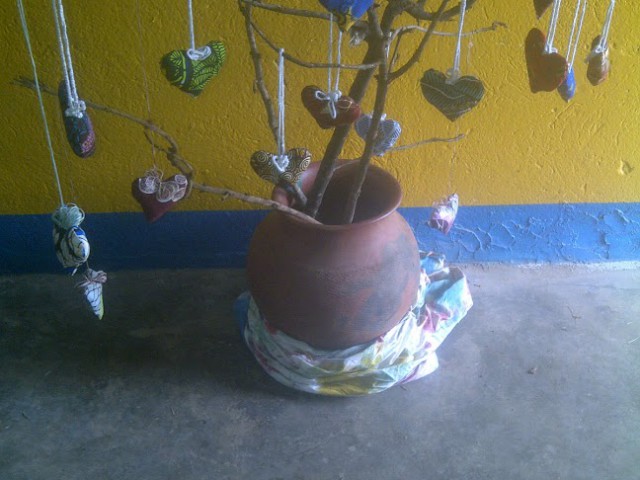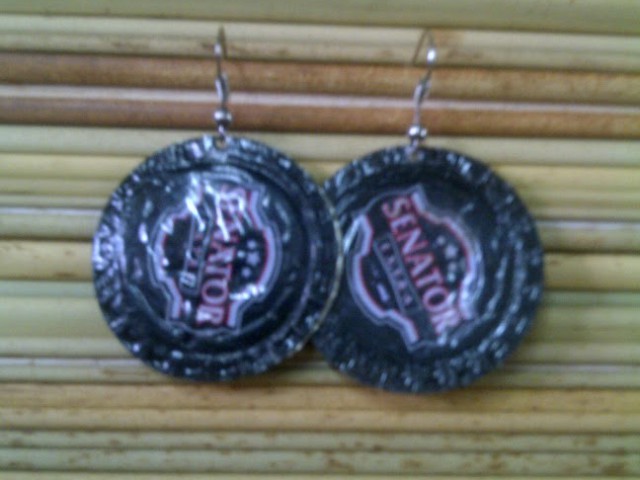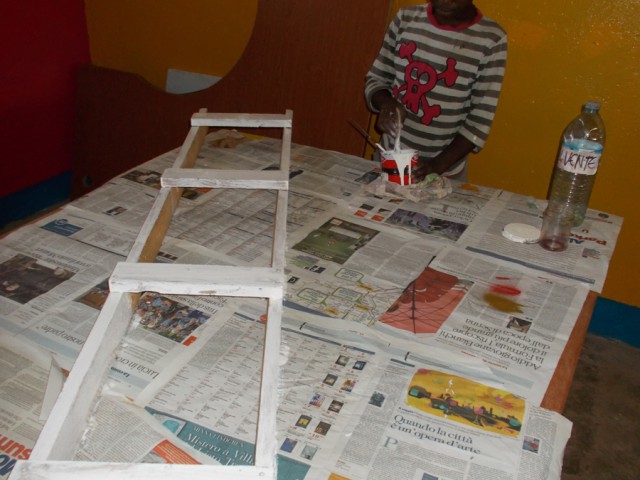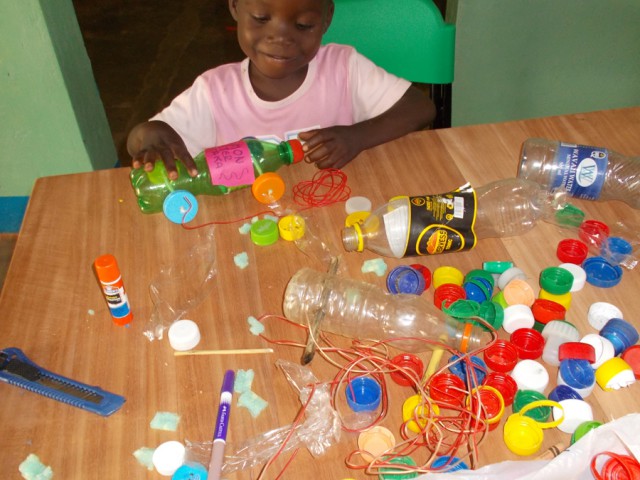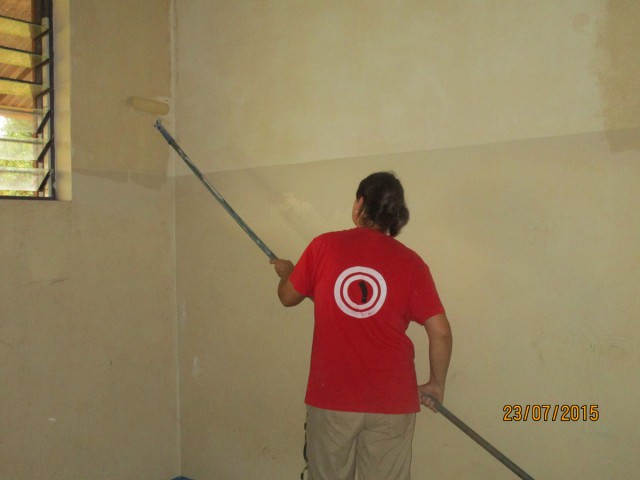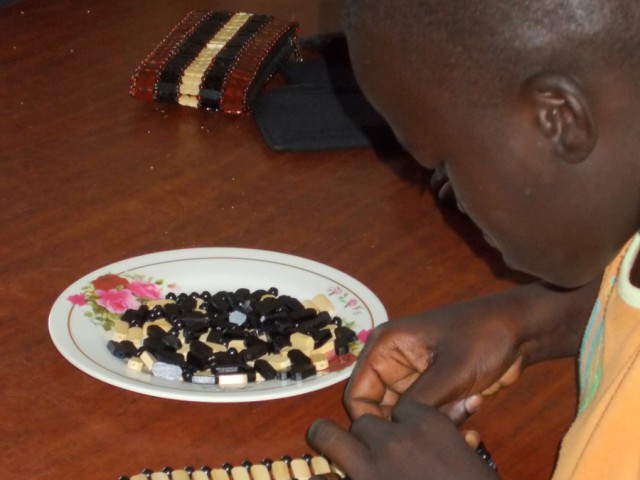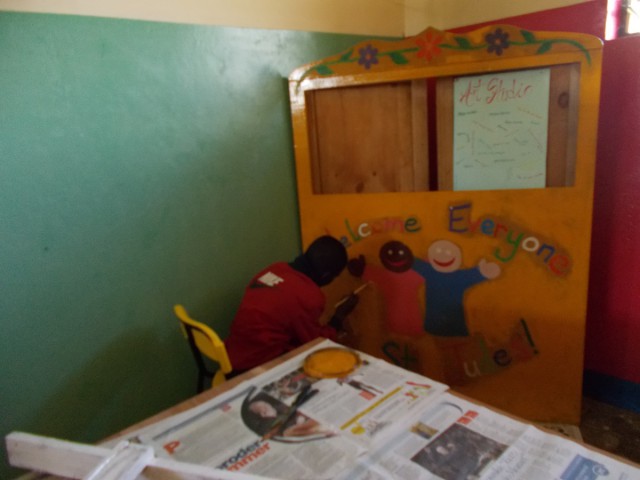With joy, we received the message of the Provincial Rev. Fr Miante appointing Rev. Fr Philip Zema to continue the journey with our group. As soon as we received the message, we announced it to other members and planned with the chaplain to have our first encounter at Mafi-Kumase on the 12th December.
The meeting started at 10 o’clock a.m. The chaplain gave us some thoughts to prepare us for the Christmas. He emphasized on the development of our prayer life. As lay people, we have to witness the Good News through our daily life. He compared our CLM service to the ministry of the brothers which is social. It will be so sensitive to people with whom we are living to see us occupied in praying in our families and at our work place. He said that the Muslims in this aspect are model for us. “The secularization takes us far away from God, the prayer brings us back” he quoted. He said Jesus recommends us to pray, St Comboni recommends to his missionaries to be prayerful and as we are aspiring to be Comboni Missionaries, the recommendation is then for us too.
After this, we proceeded to self-introduction. We then briefed Fr about our journey till now. He was very happy and eager to continue the formation process with us. He demonstrated in his plan a very great interest to render the service demanded from him by the Provincial and his Counsel also very interested in seeing us grown. In this joy, we did not hesitate to agree on the coming meeting at the same place on the 9th January, 2016. After the concluding prayer with the blessing, we shared with our chaplain and one of his confreres a familial meal.
Merry Christmas and Happy New Year, Justin Nougnui.




